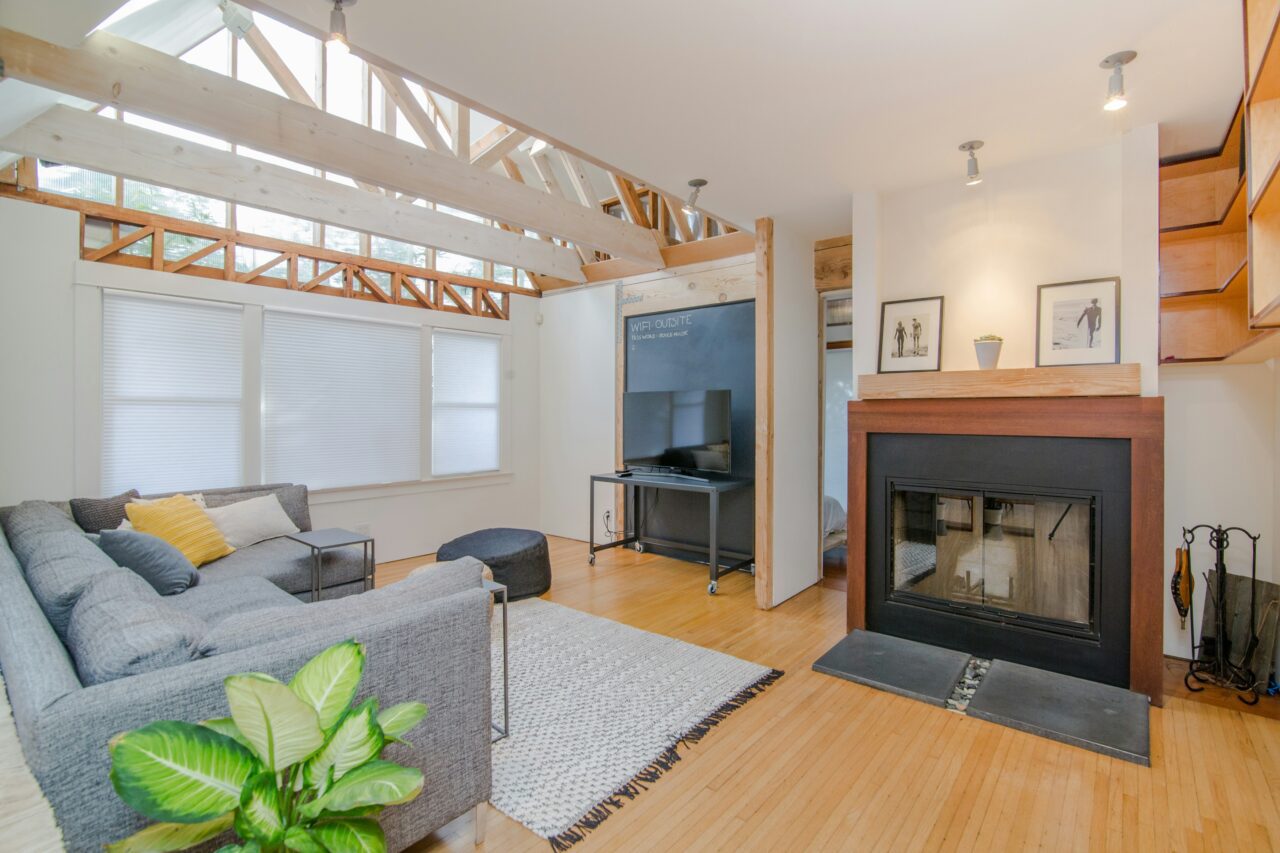Considering how much time you spend in your home, you want to feel as comfortable and relaxed as possible. Unfortunately, over time, your home’s air quality can diminish thanks to pollutants, allergens, and other particles. Thankfully, you don’t have to wait until you start sneezing all the time to do something.
But how can you improve indoor air quality? Let’s break down four simple strategies.
How to Improve Indoor Air Quality
The air you breathe can impact your overall health and well-being. When you’re breathing in allergens and pollutants like pet dander, mold, and pollen, they can trigger allergic reactions. In severe cases, you may have to seek medical treatment to alleviate the side effects of these air particles. Here are four ways to prevent disaster for you and your family.
Replace Filters Regularly
Your home’s central heating and A/C unit relies on filters to trap all kinds of particles, from dust to hair to pollen. Over time, these filters get clogged. If you don’t replace them often, clogged filters won’t trap these pollutants, and they’ll make it harder for air to move through the system.
Usually, you should replace your air filters every six months. However, if you get a lot of airborne particles (like pollen from nearby trees), you may have to replace them more often.
Ensure Proper Ventilation
One of the best ways to improve air quality in the home is to keep the air flowing. Opening a few windows, particularly when there is a strong cross-breeze, can help the air feel fresher and less stagnant.
When you can’t open windows or doors (i.e., during the hottest parts of the summer), ensure that you have proper ventilation for your A/C system and oven hood. Smoke particles can get trapped in the air while you’re cooking. Having a high-efficiency hood can remove more of these particles to keep your home’s air cleaner.
Clean Your Carpets
Many pollutants and allergens can get trapped in carpet fibers. If you have pets, you know how easily pet fur and dander can accumulate. Unfortunately, as you walk over the carpet, you can release many of these particles back into the air. Regular vacuuming and deep cleaning can help improve the overall air quality.
If you can’t vacuum often, you may try investing in a robot vacuum that can pick up hair and dust daily. Then, you just have to take care of the corners and other hard-to-reach spots every week or two.
Add Houseplants
All plants absorb carbon dioxide and release oxygen, cleaning the air in the process. So, adding a few houseplants can dramatically improve your home’s air quality, even if you don’t change anything else.
That said, caring for houseplants can be tricky, so here are some tips on making it work in your home:
- Use Native Plants – Find plant varieties native to North Carolina or Charlotte, as they’ll thrive better than non-native options. For example, ferns and purple cornflower plants tend to do well.
- Maintain Adequate Sunlight – Plants need sun for photosynthesis, so make sure your houseplants get at least a couple of hours of sunlight each day.
- Buy Low-Maintenance Plants – If you don’t have time to prune and trim houseplants, opt for varieties that just need a little water from time to time.
How to Test Indoor Air Quality
There are only two tried-and-true methods for testing your home’s air quality. First, you can buy an at-home testing device, which will measure elements like pollen, mold, and other pollutants. Second, you can get professional indoor air quality services (like from City Air Experts) to come in and test your home.
The latter option is often better because we have high-quality equipment, and we know which areas to test. Since some parts of the home may gather dust and pollen more, we can identify where to make adjustments and improvements.
Improve Your Indoor Air Quality With City Air Experts
If you’re starting to experience allergic reactions at home, now’s the time to start investing in better air quality. City Air Experts can not only test your whole house to see which areas are the most problematic, but we can focus on tailored long-term solutions. Contact us today to schedule a home visit.


